Britain & Ireland 1901-present
War and conflict, technology, illness and medicine and the battle for civil and national rights have all been key elements of the 20th century through to today, thus, all of those themes and many more are explored in this section. Underpinning many of these articles and included here are articles exploring pedagogical issues, managing knowledge and transferring knowledge. Read more
Sort by:
Date (Newest first) | Title A-Z
Show:
All |
Articles |
Podcasts |
Multipage Articles
-
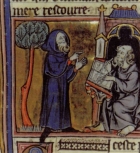
Magna Carta and the development of the British constitution
ArticleClick to view -
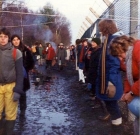
Polychronicon 157: Reinterpreting police-public relations in modern England
ArticleClick to view -
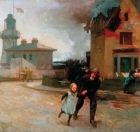
On British Soil: Hartlepool, 16 December, 1914
ArticleClick to view -
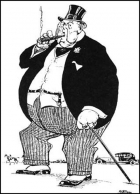
Newcastle and the General Strike 1926
ArticleClick to view -
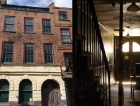
Helping Year 9s explore multiple narratives through the history of a house
ArticleClick to view -
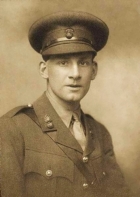
Siegfried Sassoon Diaries Online
ArticleClick to view -

Richard Evans Medlicott lecture: The Origins of the First World War
ArticleClick to view -
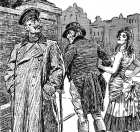
Gary Sheffield: Origins of the First World War
ArticleClick to view -

Triumphs Show 155: beyond trivial judgements of 'bias'
ArticleClick to view -
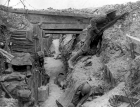
Remembering the First World War: Using a battlefield tour of the Western Front
ArticleClick to view -
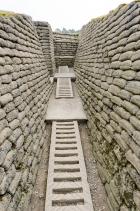
On the frontlines of teaching the history of the First World War
ArticleClick to view -
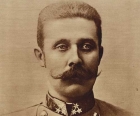
Polychronicon 155: Interpreting the Origins of of the First World War
ArticleClick to view -
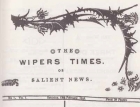
Using The Wipers Times to build an enquiry on the First World War
ArticleClick to view -
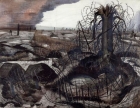
Helping Year 9 explore the cultural legacies of WW1
ArticleClick to view -
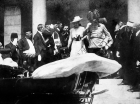
The Assassination of Arch Duke Franz Ferdinand
ArticleClick to view -
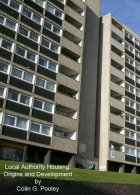
Local Authority Housing
ArticleClick to view -

Unpacking the suitcase and finding history: doing justice to the teaching of diverse histories in the classroom
ArticleClick to view -

Building an overview of the historic roots of antisemitism
ArticleClick to view -

The National Insurance Act 1911: three perspectives, one policy
ArticleClick to view -
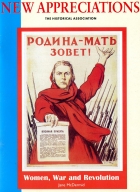
Women, War and Revolution
ArticleClick to view

